1. The September 11 Attacks (2001)
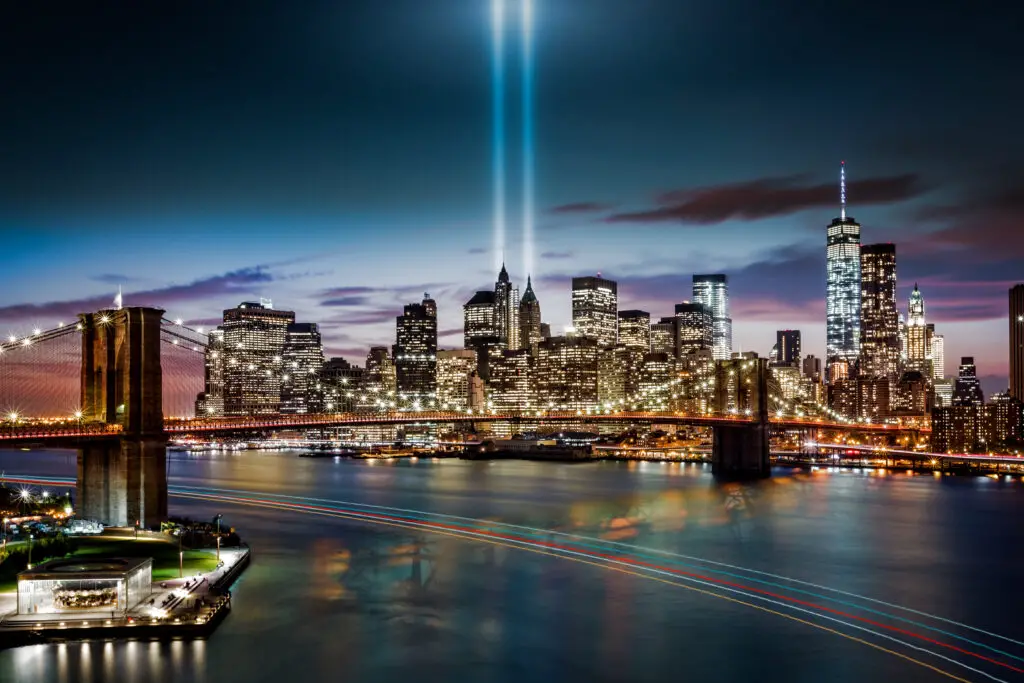
On a clear Tuesday morning, the world changed forever. The coordinated terrorist attacks on the World Trade Center and the Pentagon took nearly 3,000 lives and shook the U.S. to its core. People watched live as the towers fell, not fully grasping the weight of what they were witnessing. In the days that followed, everything—from air travel to national security—was reevaluated shares HISTORY.
The attacks led directly to the War on Terror, including the invasion of Afghanistan and later Iraq. The ripple effects are still with us: increased surveillance, TSA lines, and ongoing debates about privacy and civil liberties. It also sparked a wave of Islamophobia and altered global relations in ways we’re still sorting through. For many, it’s a moment frozen in time adds Politico.
2. The Rise of Social Media (2004–present)
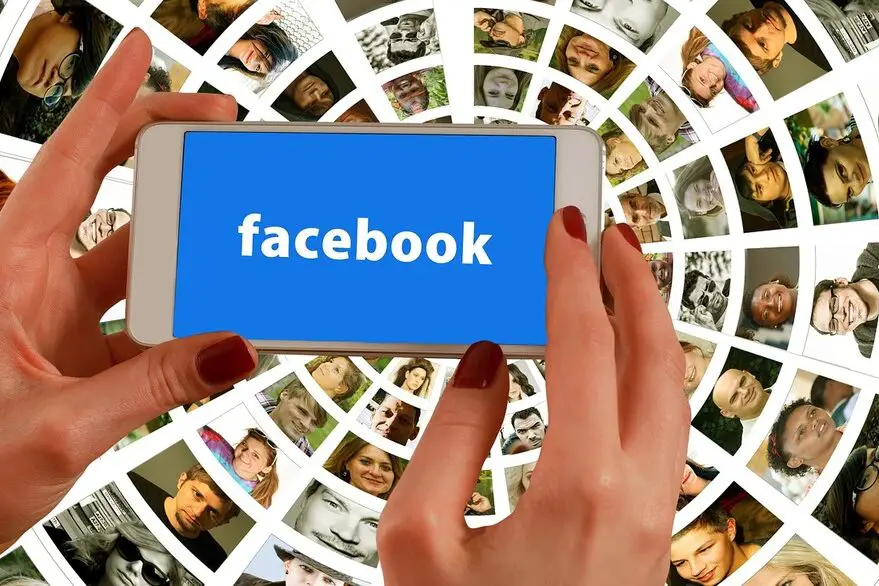
Remember when Facebook was just for college students? That little blue website became the launchpad for a social media revolution. Platforms like Twitter, Instagram, and TikTok followed, giving us new ways to connect—and new reasons to worry. We gained the ability to share everything instantly, for better or worse says Pew Research Center.
Social media didn’t just change how we communicate, it reshaped politics, business, and even self-esteem. Movements like #BlackLivesMatter and #MeToo were amplified through hashtags. But so were conspiracy theories and disinformation. We’re still figuring out how something that brought us closer also managed to drive us apart adds Britannica.
3. The Election of Barack Obama (2008)
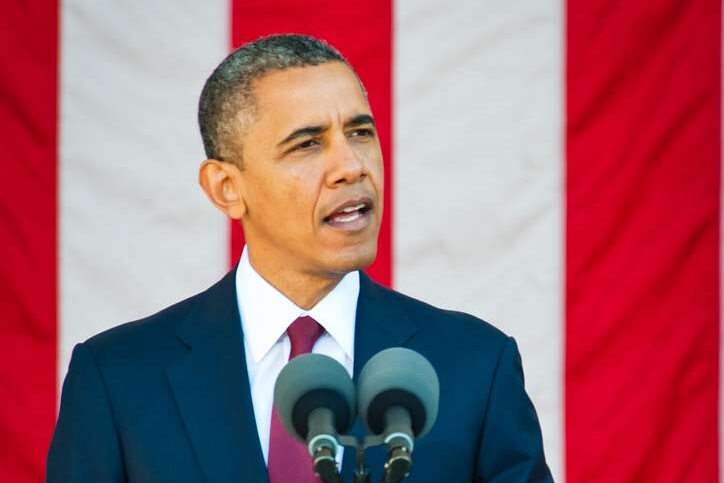
When Barack Obama was elected as the first Black president of the United States, it felt like history unfolding in real time. For many, it was a moment of hope and pride, a sign that maybe the country was moving forward. His campaign inspired younger generations, and his slogan—“Yes We Can”—still echoes in political conversations.
Obama’s presidency wasn’t without challenges, especially with the financial crisis and ongoing wars. But his election shifted what many thought was possible in America. It also sparked a backlash that played a role in political divisions we see today. His time in office marked the beginning of a new chapter in U.S. and global politics.
4. The Global Financial Crisis (2008)
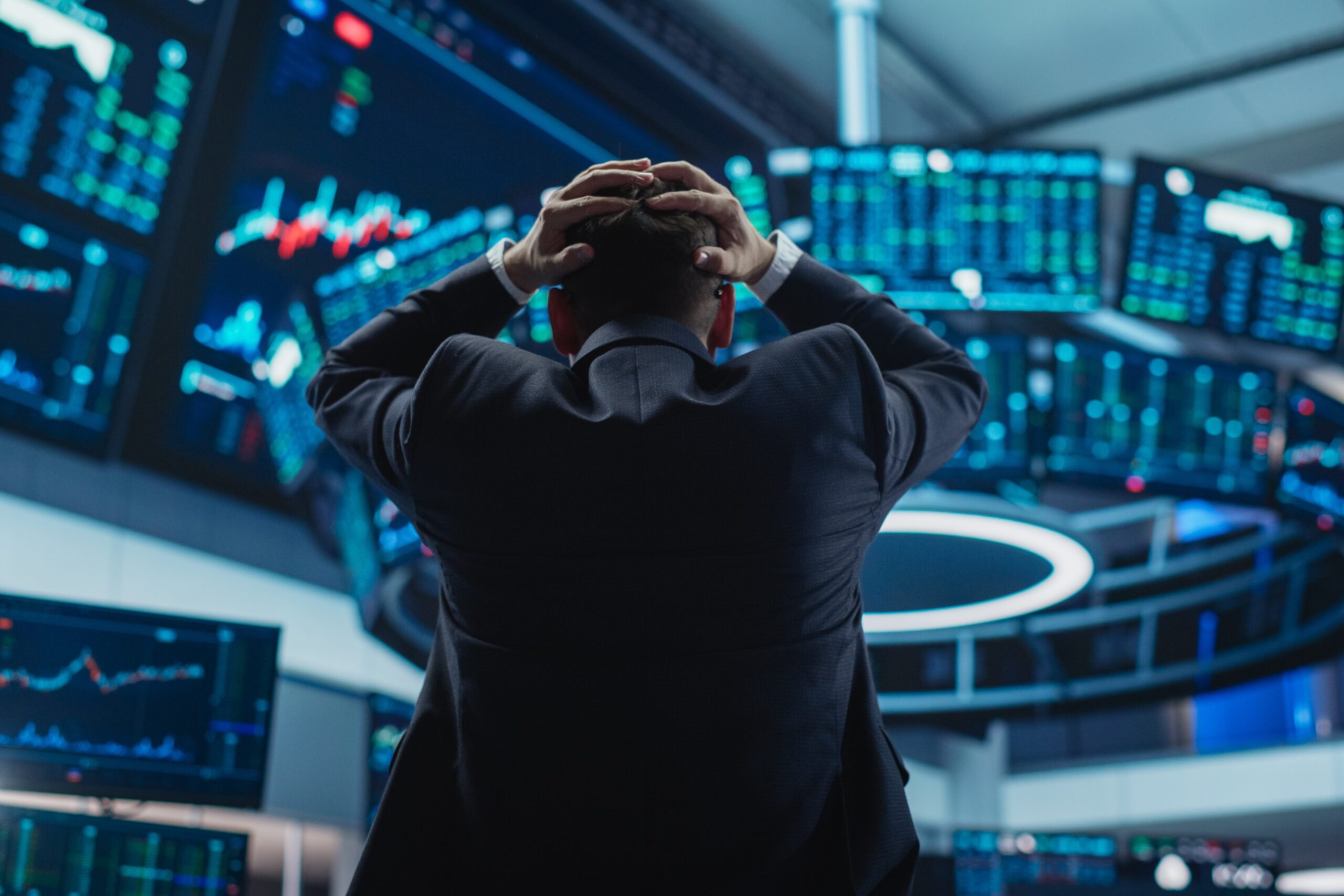
It started with some bad mortgages and ended with the world economy teetering on the edge. The 2008 financial crisis led to massive job losses, home foreclosures, and the collapse of institutions once thought too big to fail. For those who lived through it, the fear and uncertainty were impossible to forget.
Governments responded with bailouts and stimulus packages, but the damage was done. Many Millennials entered the workforce during this time, shaping their views on money and stability. The crisis also sparked movements like Occupy Wall Street and opened up conversations about wealth inequality. It left scars that haven’t completely healed.
5. The iPhone Launch (2007)
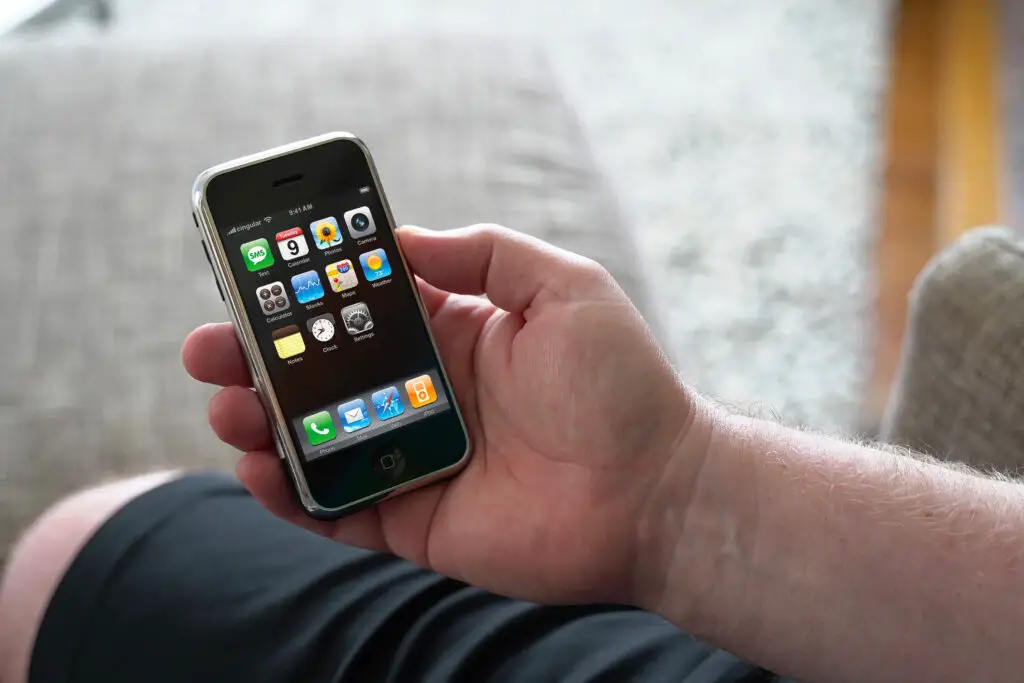
When Steve Jobs introduced the first iPhone, few could predict how much that sleek little device would change our lives. Suddenly, the internet was in our pockets. We could text, email, browse, and later stream—all from one device. It was both revolutionary and addictive.
The smartphone era changed everything from how we date to how we shop. Entire industries emerged while others crumbled. Kids growing up today can’t imagine a world without it. And whether it’s a blessing or a curse, there’s no going back.
6. The Arab Spring (2010–2012)
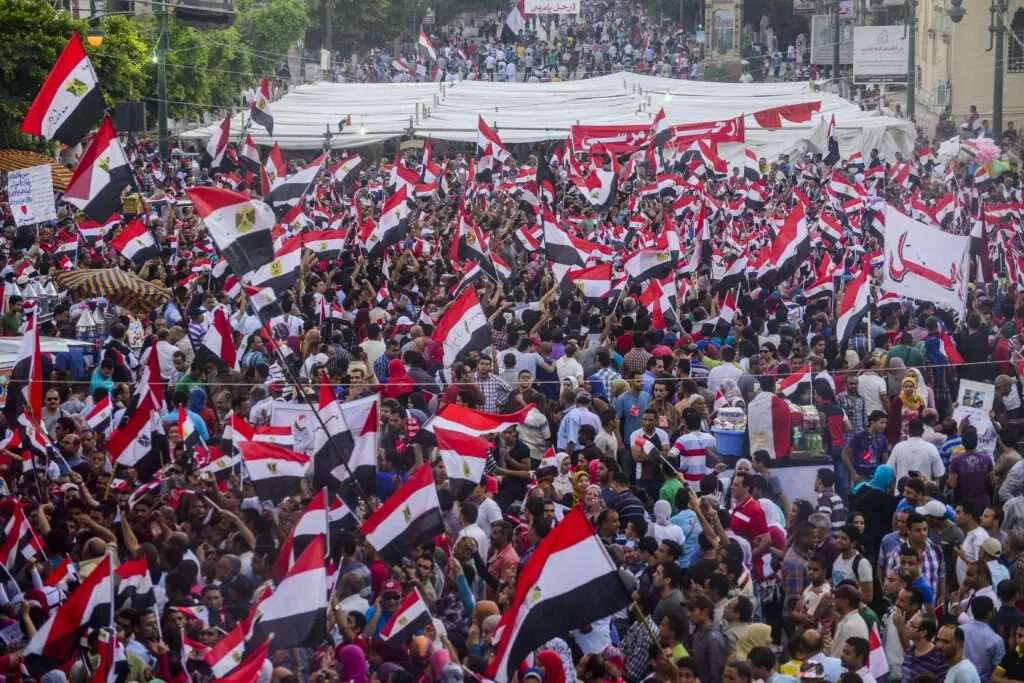
What started as a fruit vendor’s protest in Tunisia sparked a wave of uprisings across the Middle East. The Arab Spring saw everyday people standing up to long-standing dictatorships, hoping for freedom and democracy. Social media played a major role, with activists using platforms to organize and spread information.
Some countries saw real change, while others descended into chaos. Egypt had a brief taste of democracy before another military regime took over. Syria fell into a brutal civil war that continues to this day. The hope was real, but so were the consequences.
7. Marriage Equality Legalized in the U.S. (2015)
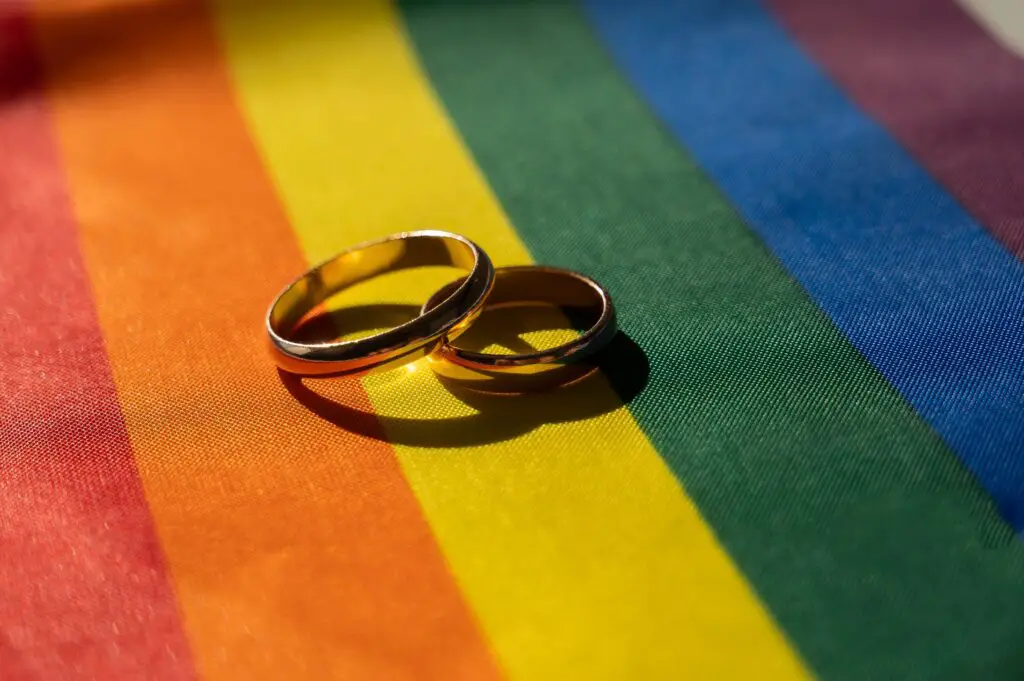
On June 26, 2015, love officially won. The Supreme Court ruling in Obergefell v. Hodges made gay marriage legal in all 50 states. For many couples, it was a day of tears, joy, and long-awaited recognition. It marked the end of a decades-long fight for equality.
The ruling had ripple effects globally and inspired further conversations about LGBTQ+ rights. It also exposed deep divisions, as not everyone celebrated the decision. Still, the cultural shift was massive. Love became a political act—and a legal right.
8. The COVID-19 Pandemic (2020–2022)

When the world shut down in early 2020, most of us thought it would just be for a couple of weeks. Then weeks turned into months, and months into years. COVID-19 affected every aspect of daily life—work, school, health care, even how we greeted each other. The loss and isolation were staggering.
Entire economies halted, and supply chains crumbled. But we also saw innovation, from vaccine development to remote work. People reevaluated their lives, priorities, and what “normal” should look like. It’s one of those events that split time into “before” and “after.”
9. The Rise of China as a Global Power
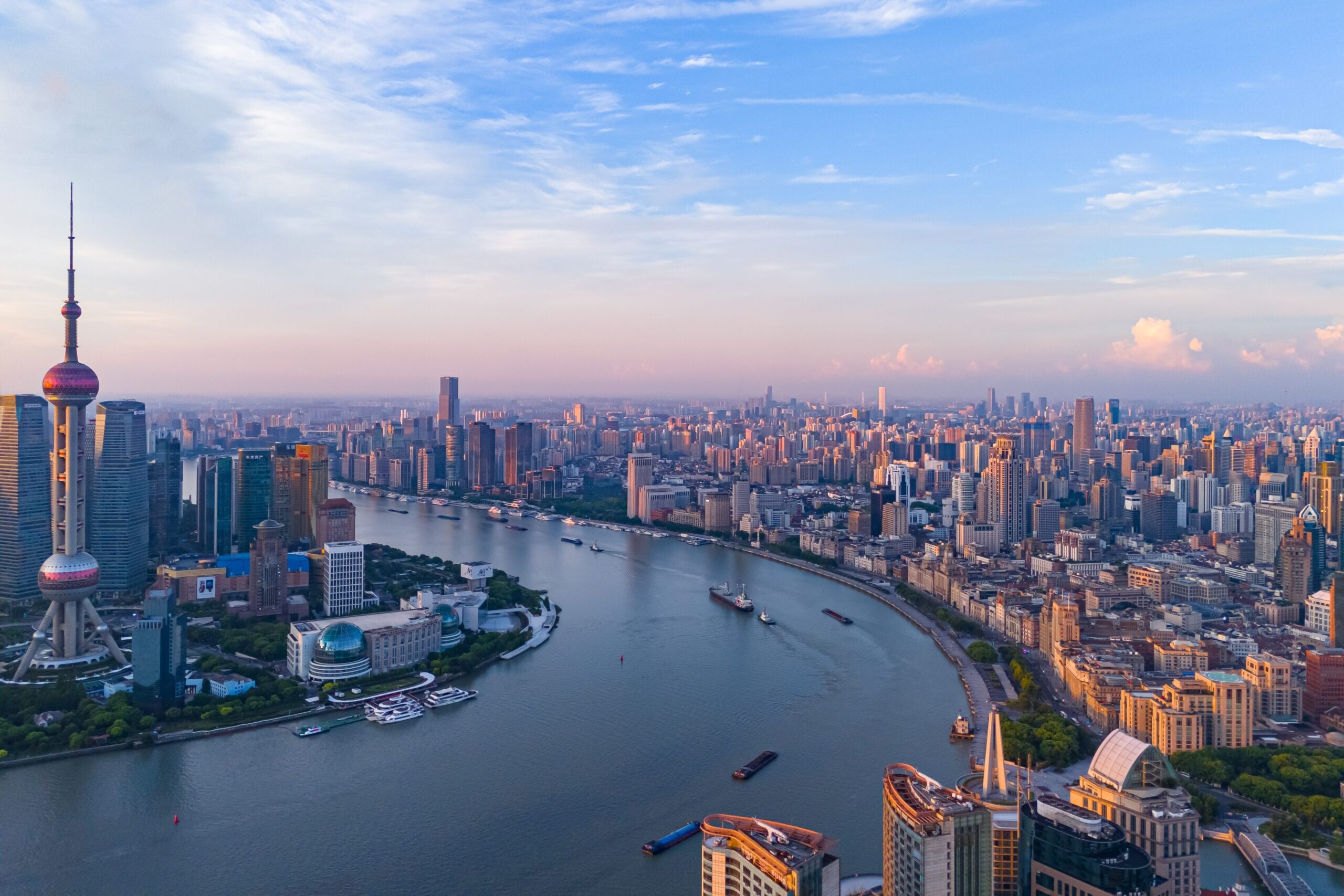
China’s growth over the past two decades has been staggering. What was once a developing nation is now a tech and manufacturing powerhouse. Its influence can be seen in everything from global trade to pop culture. The Belt and Road Initiative extended its reach even further.
As China’s power has risen, so have tensions with the West. Trade wars, military posturing, and debates over human rights have defined recent years. The balance of power on the world stage has shifted. And no one’s quite sure how the story ends.
10. Brexit (2016–2020)

In a surprise move, the UK voted to leave the European Union in 2016. The vote revealed deep divides—generational, regional, and ideological. The process of leaving was long, confusing, and full of political drama. For many, it symbolized a step back from global unity.
Brexit reshaped trade, travel, and immigration for millions. It also inspired political movements in other countries. While some celebrated reclaiming national control, others mourned the loss of European connection. The ripple effects are still unfolding.
11. The #MeToo Movement (2017)
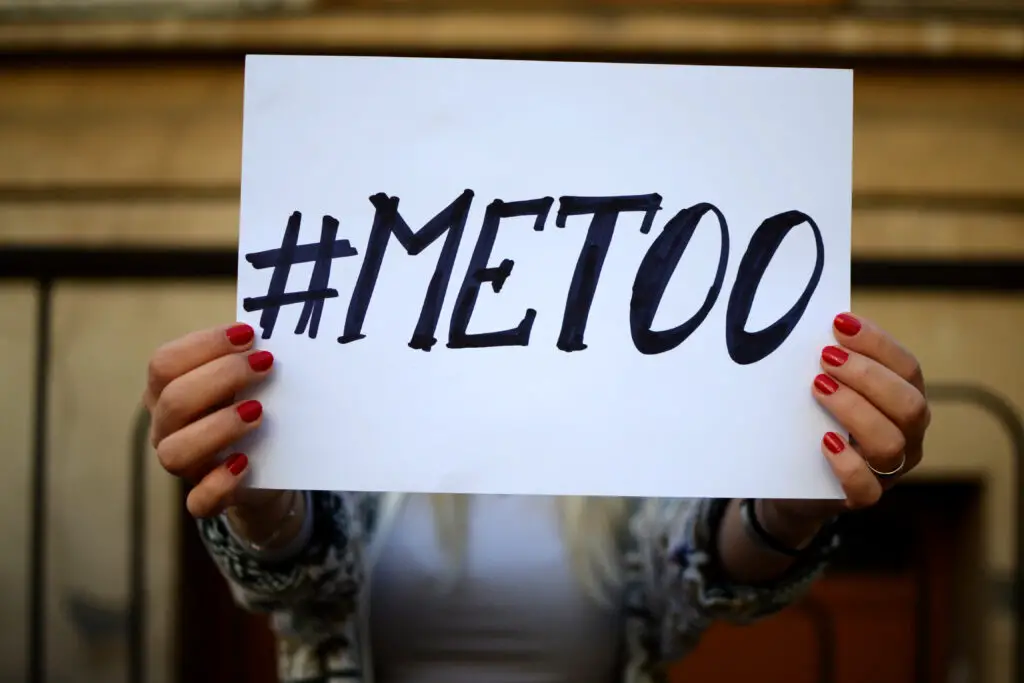
When people started sharing their stories using #MeToo, it felt like a dam breaking. What had long been whispered about in workplaces and industries was suddenly out in the open. Big names fell, from Hollywood producers to CEOs. But the movement went beyond individuals—it changed culture.
Workplaces introduced new policies, and conversations around consent became more mainstream. Survivors were heard in ways they hadn’t been before. There was also backlash and growing pains, but something had shifted. Silence was no longer the default.
12. The Election of Donald Trump (2016)
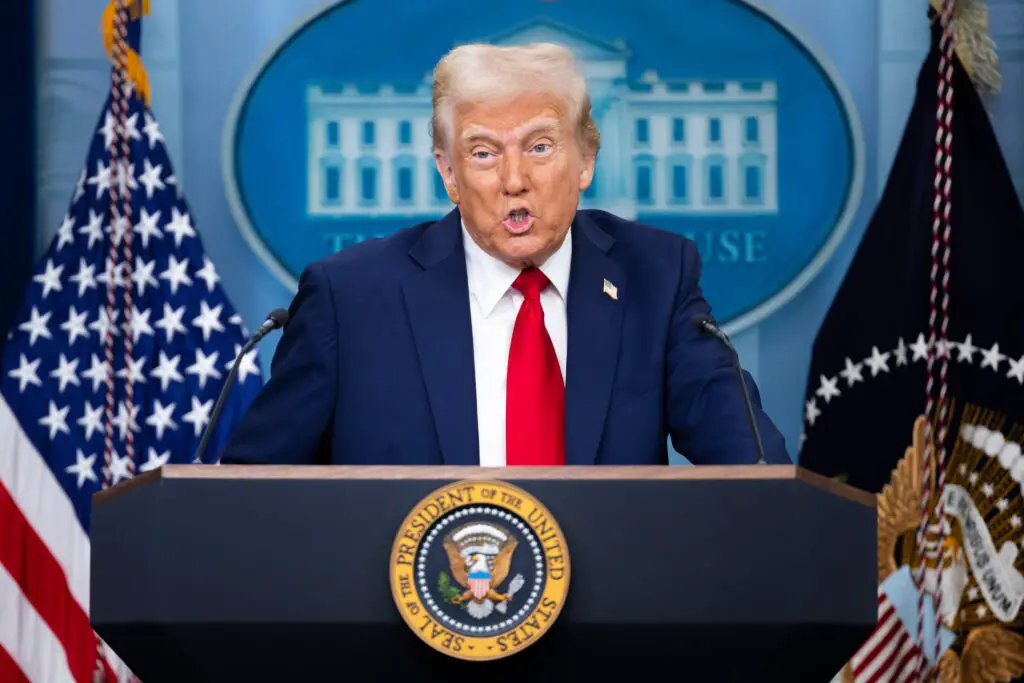
Donald Trump’s rise to the presidency shocked a lot of people. A reality TV star turned political outsider, he changed the way campaigns were run and how presidents communicated. His Twitter feed became breaking news, and his rallies redefined political energy.
His presidency was marked by controversy, polarization, and major policy shifts. Supporters saw him as a disruptor, critics saw him as a danger to democracy. Either way, he left an undeniable mark. And his influence hasn’t faded since leaving office.
13. The War in Ukraine (2022–present)
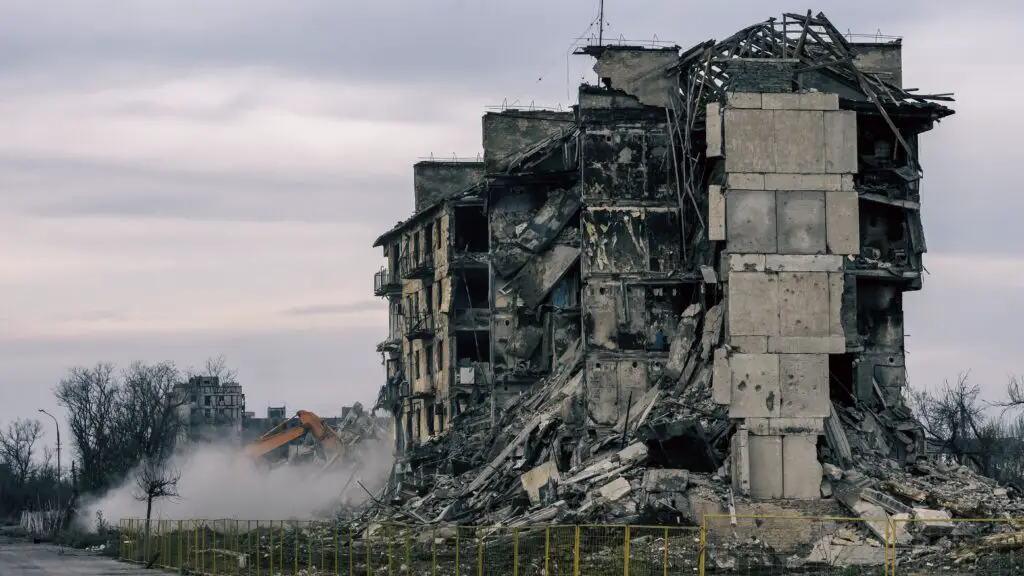
When Russia invaded Ukraine in 2022, it was the biggest war in Europe since World War II. The images were heartbreaking—families separated, cities destroyed, lives uprooted. But Ukraine’s resistance stunned the world. They didn’t back down.
The war changed global alliances and energy markets. Countries reconsidered their defense strategies and NATO found new purpose. It’s also become a frontline in the fight between democracy and authoritarianism. And it’s still ongoing, shaping history as we speak.
14. The Explosion of Artificial Intelligence (2022–present)
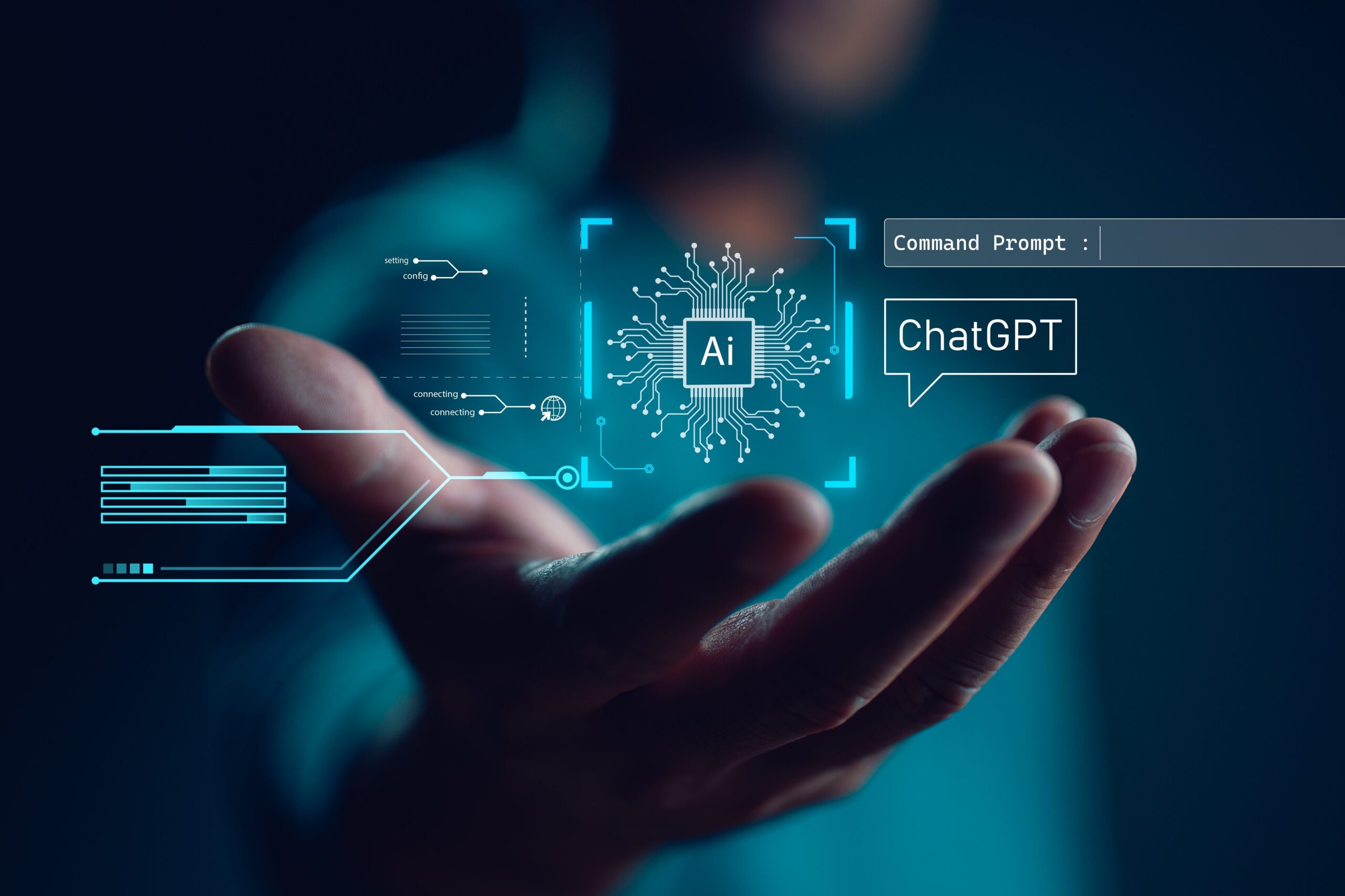
It felt like AI went from science fiction to reality almost overnight. Tools like ChatGPT, DALL·E, and others quickly made their way into everyday life. Suddenly, machines could write, draw, talk, and even code. It was exciting—and terrifying.
AI is now influencing everything from jobs to art to education. There are debates about ethics, creativity, and what it means to be human. Some see it as a helpful assistant, others fear it’s replacing too much too fast. But there’s no question it’s reshaping our world.
